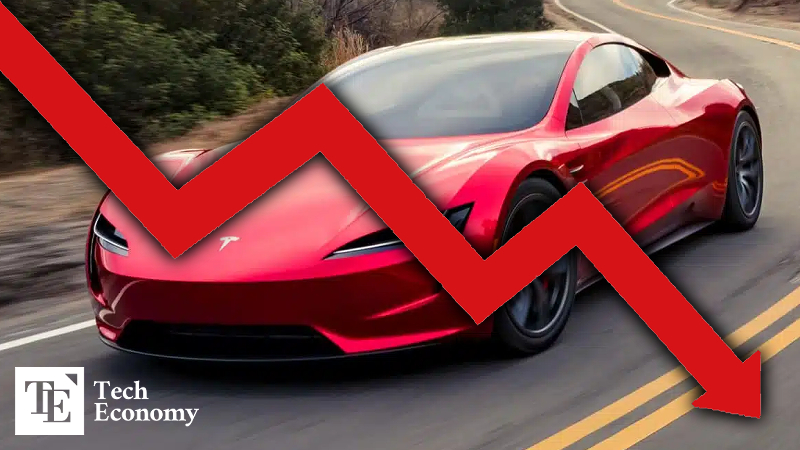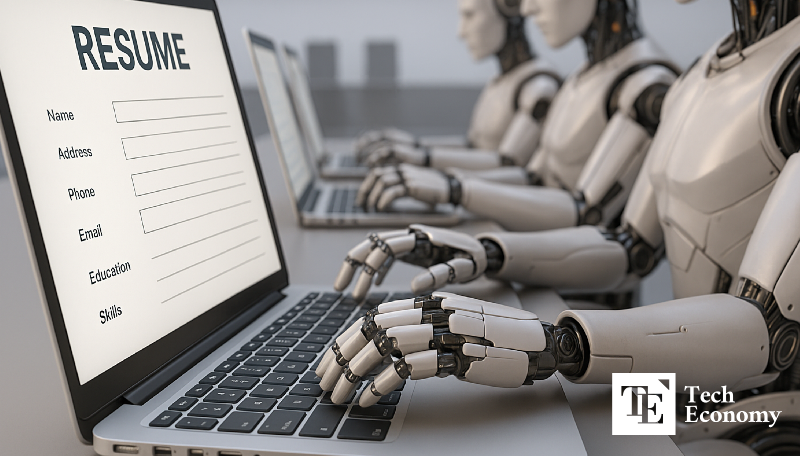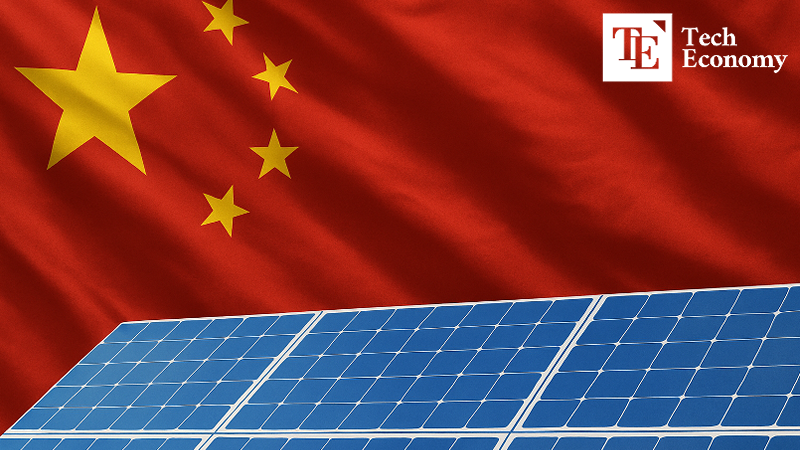Tech

سوق رفاق الذكاء الاصطناعي ينمو بشكل هائل أكثر من 160 خدمة توفر "حبيبًا ذكياً" مخاطر محتملة مثل التعلق الزائف والعزلة العاطفية مع التطور المتسارع لتقنيات الذكاء الاصطناعي التوليدي، يشهد سوق تطبيقات المواعدة القائمة على الذكاء الاصطناعي نموًا انفجاريًا. باتت شخصية "سامنثا" من فيلم Her — التي كانت تربطها علاقة عاطفية بشخص — حقيقة واقعة. لكن العديد من الخبراء يحذرون من أن التفاعل العاطفي مع الذكاء الاصطناعي قد يؤثر سلباً على الصحة النفسية للبشر على المدى الطويل.
Read More
دونالد ترامب يعلن فرض رسوم جمركية مرتفعة بنسبة 145% على المنتجات والقطع الإلكترونية الصينية آبل، التي تعتمد على الصين بنسبة تتجاوز 80%، تواجه أضراراً محتومة منها رفع الأسعار تسعى آبل إلى نقل الإنتاج إلى الهند وفيتنام كمراكز جديدة للتصنيع في ظل إ
Read More
هواوي، احتمال وجود صعوبات في الإنتاج الكمي للجيل القادم من معالجات التطبيقات بتقنية 5 نانومتر نقص في المعدات الأساسية مثل EUV، ونسبة نجاح تقارب 30% لتقنية 5 نانومتر التصنيع من خلال تحسين تقنية 7 نانومتر الحالية من SMIC مع اقتراب هواوي من إطلاق ه
Read More
الولايات المتحدة تلغي الإعفاءات الضريبية للسيارات الكهربائية بعد دخول قانون OBBBA حيز التنفيذ ماسك: "سياسة ترامب الضريبية تدمر الاقتصاد الأمريكي" ضربة محتملة لصناعة السيارات الكهربائية بالكامل، بما في ذلك هيونداي في الرابع
Read More
أداء صادم لسامسونغ في موجة صعود الذكاء الاصطناعي خسائر متوقعة تم تصفيتها في الربع الثاني تزايد احتمالات التحسن في الأداء خلال النصف الثاني يرفع الموظفون مرتدون ملابس واقية في مجمع سامسونغ للإلكترونيات في بيونغتيك
Read More
سوق السيارات الكهربائية الصينية وسط تشبع وفرط في العرض توقعات ببقاء 15 علامة فقط من أصل 129 شركة تنافس سعري مفرط، ومعظم الشركات غير قادرة على تحقيق أرباح توقعت تقارير أن تختفي غالبية شركات تصنيع السيارات الكهربائية في الصين خلال السنوات الخمس
Read More
تشديد مايكروسوفت للحزام: تسريح 9,000 موظف "تقليص القوى العاملة غير المعنية بالذكاء الاصطناعي وزيادة الاستثمار فيه" شركات التكنولوجيا الأمريكية تُقيل 63,000 موظف هذا العام وحده الصورة = مايكروسوفت تق
Read More
القلق أصبح واقعاً… 30% من وظائف المبتدئين اختفت في بريطانيا تراجع التوظيف نتيجة إدخال الذكاء الاصطناعي وعدم اليقين الاقتصادي اتساع خطط الشركات العالمية لتقليص عدد الموظفين عبر استخدام الذكاء الاصطناعي أظهرت بيانات أن نحو ثلث وظائف المبتدئين ق
Read More
كوريا الشمالية تستخدم العملات المشفرة للتحايل على العقوبات الغربية تدريب منهجي لكوادر الهجمات السيبرانية نظام أمني ضعيف في كوريا الجنوبية – هل يمكن تجاهله؟ أظهرت التقارير أن أكثر من نصف الأضرار الناجمة عن عمليات اختراق العملات المش
Read More
الإفراط في الإنتاج نتيجة الدعم السخي يؤدي إلى حلقة مفرغة استراتيجية النمو بقيادة الدولة تصل إلى حدودها تحذيرات من انتهاء حقبة النمو الفائق تواجه صناعة الطاقة الشمسية الصينية أزمة بقاء خطيرة، نتيجة الع
Read More










